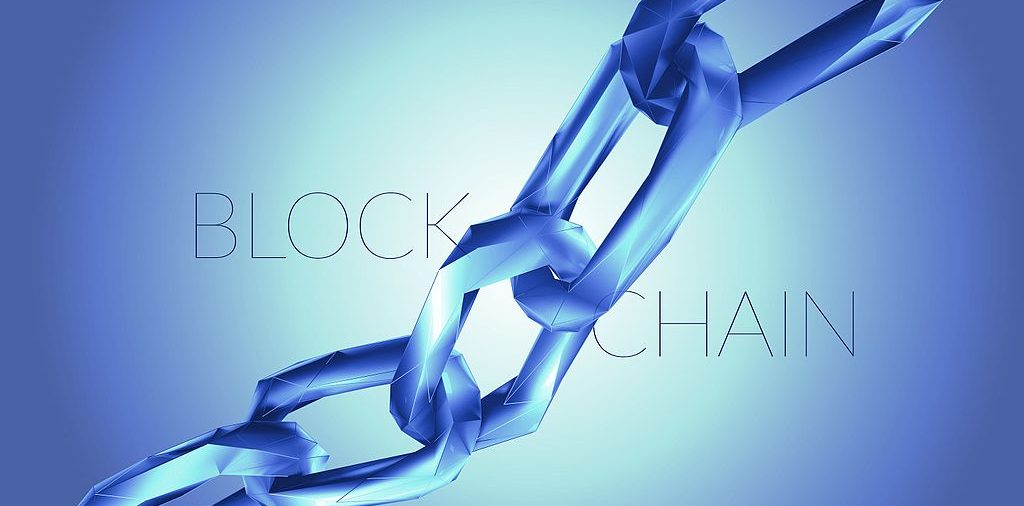If you think the blockchain is something that is related to the cryptocurrency Bitcoin, you are not far from the truth. But it is not only related to Bitcoin, it is a technology that can completely change the way accounting systems work.
How does it work?
Blockchain is a decentralized form of a database that anonymously records all transactions that have been made. It is a chronological chain of records that is constantly growing and that is shared among all users of the system. This means that the blockchain can’t be falsified because the fraudster would have to falsify the records of all users.
Blockchain technologies are used to power ledgers of cryptocurrencies. It records all the transactions and verifies their validity. Blockchain technologies could have a similar role in accounting systems. They could increase security and reliability of accounting systems while reducing workload of users of accounting systems.
Vision for the future
Accounting systems rely on documents that serve as a proof of the existence of real transactions that are stored as accounting operations. Blockchain removes the need for the documents because the blockchain database itself can be used as a proof of the existence of a transaction. Accounting systems could store data directly in the shared blockchain database thereby creating a linked system of permanently stored accounting information. However, this is still only a vision of the future and it would be a truly revolutionary change to adopt this system.
It could become impossible to falsify documents
Blockchain can also bring smaller changes for which it would be easier to imagine their integration with current accounting technologies.
It has a potential for making it impossible to falsify documents. When the accounting document is issued, its unique hash code would be generated as well. This code would then be stored in the shared blockchain database. When the validity of the document needs to be checked, the hash code would be generated again and compared with the version stored in the database. Any differences would be immediately visible.
Let’s get rid of paper documents
Electronic documents would become completely reliable which would allow us to stop relying on documents in physical form. This would allow the reduction in the amount of work needed from bookkeepers. Having majority of inputs into the accounting system in electronic form would facilitate further automation of accounting processes.
Blockchain could have a strong impact on audits. The main goal of the audit is an independent verification of the data in financial statements. But blockchain is very strong in the independent verification of the data. Usage of blockchain could lead to deeper automation of audits. I do not believe that auditors will disappear because of the blockchain. But I do believe that audit would change and I also believe that auditors would be able to perform audits in more effective ways.
So when can we expect the wide adoption of Blockchain?
Blockchain is a technology with a potential to change the financial system in the same way the internet has changed the media. We can already see initiatives to adopt blockchain based technologies, but there is also pressure against them.
Blockchain technologies are currently used by cryptocurrencies such as Bitcoin. It is very difficult to predict when the blockchain would be adopted by the very conservative accounting profession. In any case, blockchain is a very interesting technology with huge potential and it deserves our attention.

